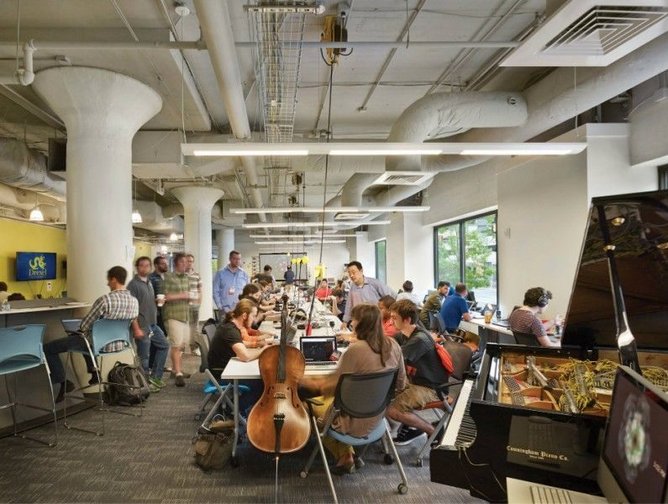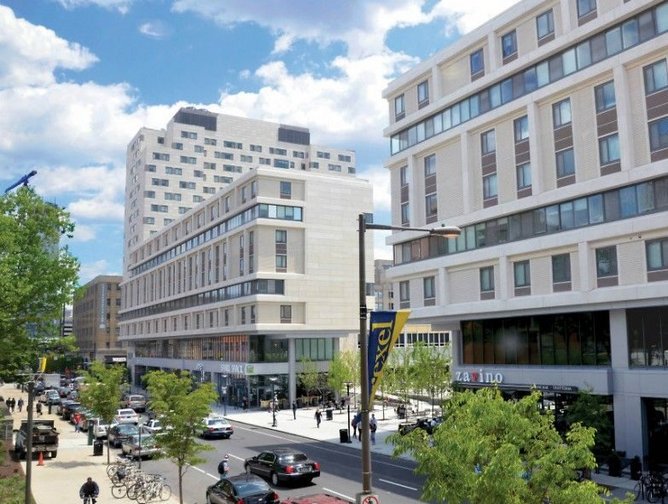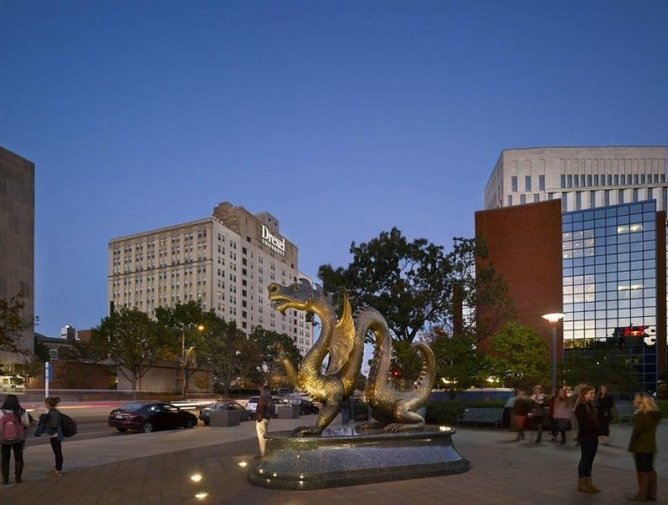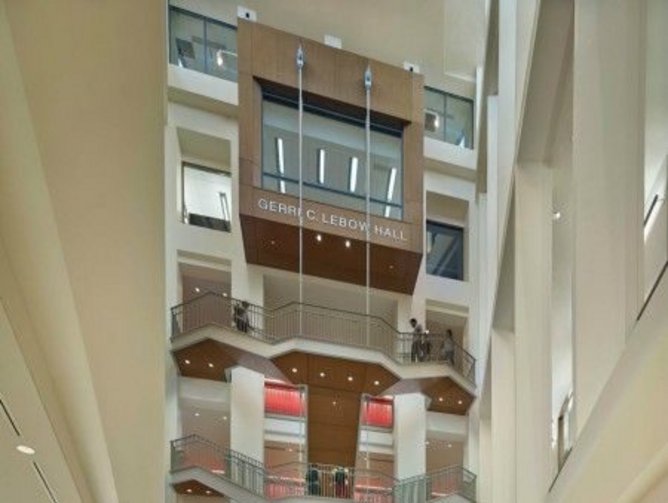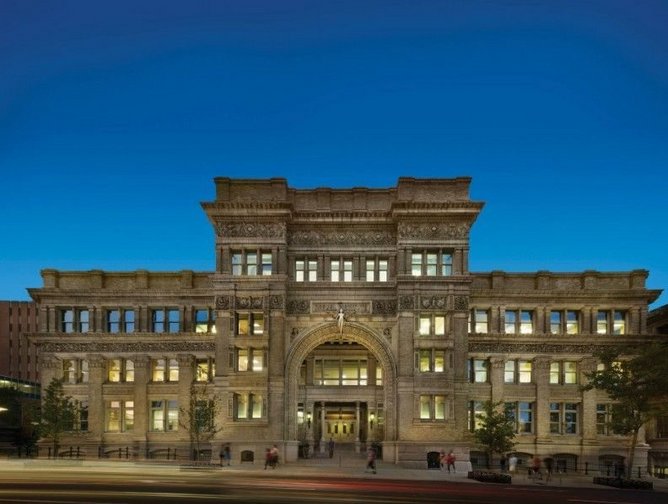Located in the city of brotherly love, Drexel University is a comprehensive global research university ranked among the top 100 in the nation. With roughly 26,000 students, Drexel is one of America’s 15 largest private universities and a model to higher education.
Founded in 1891 under the vision of philanthropist Anthony J. Drexel, the university has become a melting pot for innovation. Committed to the core values it was founded on, Drexel University has become an institution of higher learning suited to the needs of a rapidly growing industrial society where students are in the driver seat.
Through extraordinary initiatives and comprehensive programs, Drexel University is helping to not only enhance student life and education, but the city and people who live in it.
Building a better tomorrow
Known for innovation, Drexel’s unique approach towards education has allowed the university to break away from the normalcy of university teaching and create a new model for higher education.
“We started the Co-operative Education program in 1919 and it’s become our signature academic program,” says John Fry, president of Drexel University.
The Co-operative Education program puts students to work, assigning them for six month periods to engage in full-time jobs around the Philadelphia area, the region and also internationally. Unlike an internship, the program provides students with paid full-time work experience in the career fields of their choice. The average six-month co-op salary this year was $16,183.00.
According to Fry, “The program helps students to build their resumes and work experience. It is designed to help students realize what they want to do in life. By the time they graduate they’ll have a resume with real work experience and an understanding of what they do, and don’t want to do, for a career.”
Drexel is also engaged in a variety of programs to enhance the greater Philadelphia region. For example, the university is developing an Innovation Neighborhood project on 12 acres of its campus adjacent to 30th Street Station to attract and launch high-tech businesses seeking a rich research and commercialization environment with easy access to public transportation. In addition, the Dornsife Center for Neighborhood Partnerships provides expertise and knowledge to members of the local community in areas such as legal advice, health and wellness programming, and more.
“Utilizing hard nose business logic, we can create a public environment around the campus that is as strong as the university itself,” says Fry. “Over time we believe we can improve the neighborhoods in West Philadelphia in a positive manner.”
Drexel is dedicated to continuing its work with citizens, businesses, entrepreneurs, and government leaders to become a centerpiece of innovation, technology, globalization, and economic development for Philadelphia for years to come.
Amtrak’s 30th street station
Drexel is partnering with Amtrak and Brandywine Realty Trust to develop a joint master plan for the area surrounding Philadelphia’s 30th Street Station, adjacent to Drexel’s campus and the future site of the Innovation Neighborhood.
“If we’re going to do this Innovation Neighborhood in the right way and develop it, we need to understand all the possibilities for the rail yards,” says Fry. “That’s exactly why we’re doing the two-year feasibility study.”
A wide range of commercial opportunities, including a new vision for retail spaces within the train station and the potential development of air rights above 75 acres of rail yards adjacent to the station, will also be considered as part of the project.
“In the end, this could become of the most transformative projects of its kind in the country,” says Fry.
Online learning
For the last 12 years Drexel University has been a leader in providing online degrees, serving approximately 5,000 students every year. The university believes online classes are an important aspect for higher learning and the university is constantly assessing new ways to educate students and improve the process.
“We’ve recently hired Dr. Susan Aldridge, a senior fellow at the American Association of State Colleges and Universities and former president of the University of Maryland University College, to be our senior vice president for Online Learning to help us further our online program,” says Fry. “With all her experience in the field of online learning, we believe we’re going to be able to contemplate a bigger future for our online program.”
The school’s renewed focus on program quality, student retention, and graduation is enabling Drexel to further its reach and give students the ability to learn on their own terms.
“We don’t consider online learning exotic at all,” says Fry. “We believe students want to learn in whatever mode is most convenient for them and we’ll continue to provide that option.”
So far Drexel has experienced enormous success for the online program, generating roughly $68 million a year in revenue.
“We believe the potential for growth is so much more,” says Fry. “This is the future of learning and students are embracing it.”
